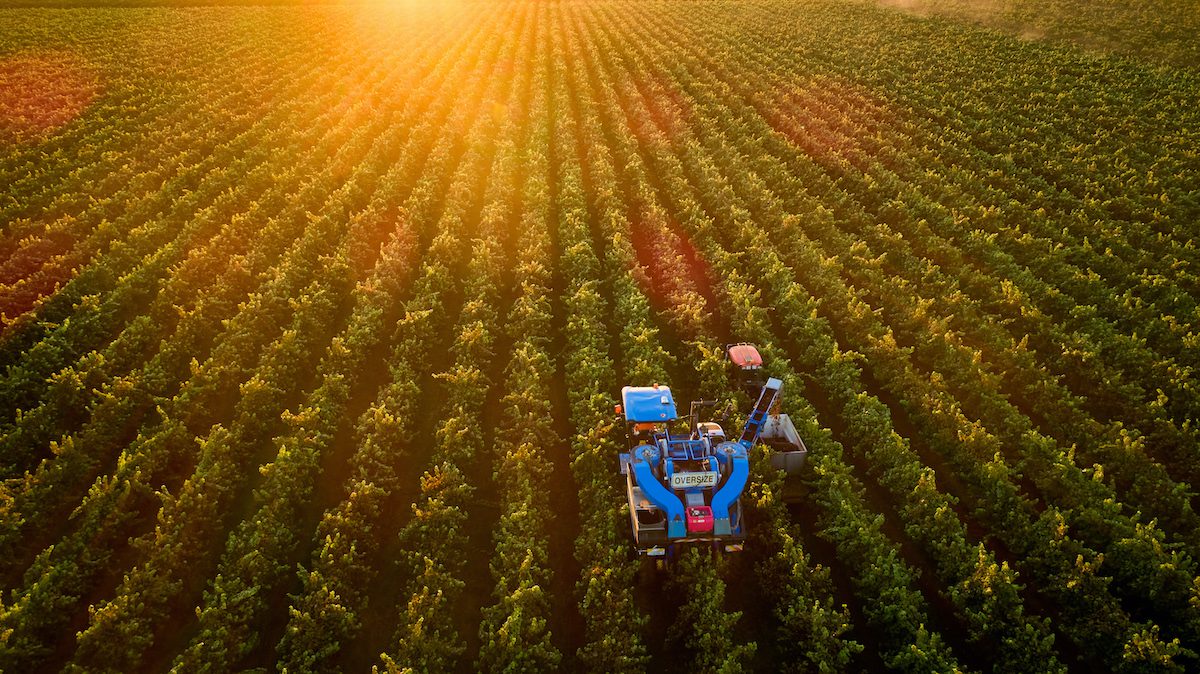
In Australia, agriculture contributes to around 13 percent of total greenhouse gas emissions but Duxton Vineyards is fast gaining an industry reputation for sustainable management, tackling this challenge head on and paving the way for other viticultural businesses.
Founded in 2015 in the stunning Southern Murray Darling with seven vineyards across 2,400 hectares, Duxton Vineyards’ core mission is to live and breathe sustainability, with a focus on being more efficient with energy and water and reducing waste to landfill.
Such core sustainability initiatives have earned them their latest achievement – certified membership of Sustainable Winegrowing Australia, covering the vineyards and winery.
“Agriculture’s carbon footprint is significant, but we at Duxton Vineyards recognise that our vast land holdings pose a real opportunity – to remove large amounts of carbon dioxide from the atmosphere through revegetation and soil carbon sequestration,” Duxton Vineyards general manager Wayne Ellis says.
“At Duxton our mission is to pave the way and lead by example for our local $24 billion wine industry and show exactly what healthy sustainable management could yield for the environment, as well as the business.
“We want to actively do something to better the climate; to make a positive impact as a grower and producer.”
Duxton Vineyards grows around 70,000 tonnes of diverse grape varieties that represent around six percent of Australia’s total grape supply each year.
Being a business of this size in the agriculture space, the company feels that making sustainability its core, and it is both the ethically and morally the right thing to do – something that is stemmed from a deep underlying passion at both a board and senior management level.
The company is so serious about doing its bit for the planet, it has a dedicated in-house environmental manager, Dylan Klingbiel, who manages all stages of environmental strategies and ensures adequate focus on the continuous improvements required in the sustainability and environment space of their business.
“We know that with such a large footprint within the wine industry, we have a big responsibility to reverse agriculture’s adverse effects on the environment,” says Dylan.
In a trailblazing agreement, LAVO and Duxton Group are collaborating on a pilot project around a hydrogen storage system across their vineyards and winery assets.
LAVO is one of the first commercially-ready hydrogen energy storage systems in the world that is designed for everyday use with scalable applications in development.
The overarching aim of the pilot will be to determine how LAVO can work within and support the Duxton’s ecosystem vision for a net zero winery.
“Hydrogen-powered wine sounds like a thing of the future, but the technology is already available to Duxton Vineyards in an innovative tech collaboration to help us achieve our net zero goal and more,” says Dylan.
Reliable, affordable and sustainable power generation and supply is one of the biggest challenges facing governments, businesses and individuals today. Following the pilot, both companies will collaborate to explore commercial and practical means of utilising LAVO’s hydrogen storage solutions to enhance and further applications across the wider Duxton Group’s agricultural asset portfolio.
This agreement marks not only another milestone by Duxton Vineyards in promoting local tech innovation in their home state, but also inspires the industry to look into long-term sustainability investment as a key factor for viticulture success.
“It’s the right thing to do for a business that draws on nature, but it’s also the key to the ongoing thriving success and growth of our business. We see firsthand how extreme weather events – drought, hail, win, fire and frost – at both ends of the temperature spectrum affect harvest yield and cause significant infrastructure damage and threaten viability,” says Dylan.
Removing carbon emissions by sequestering carbon into the soils is doubly beneficial. “Healthy soils are critical for the vines to be resilient to our harsh climate. Our organic inputs include compost and biological stimulant microbes. We also use cover crops and minimise till farming,” Dylan says.
The benefits are not reaped by the vineyards alone. With more than 2,000 hectares of prescribed native vegetation, the company has several regeneration initiatives already under way, including working with Barkindji and Maraura elders Environment Team and the University of Adelaide to establish a native insectarium.
Beekeepers are even allowed to access the land, which exemplifies what collaboration in sustainability truly means.
Moreover, the company’s Euston site, which is situated in a small town on the banks of the Murray River in southern New South Wales, is recognised as a sanctuary and one of the largest breeding grounds for the endangered regent parrot. Duxton Vineyards works closely with local NSW government on conservation efforts in their Saving Our Species program.
However, perhaps the biggest attribute to Duxton Vineyard’s continual efforts in sustainability is their new Sustainable Winegrowing Australia certification for both Vineyard and Winery. Duxton Vineyards is currently the largest certified vineyard holder and Sustainable Winegrowing Australia member in Australia.
Modelled on global best practices and aligned to the United Nations Sustainable Development Goals, the certification, essential to their membership with SWA, is a recognition of sustainable practice and thought leadership that Wayne Ellis and the Duxton Vineyards team have worked hard for.
“While some producers cite consumer choice as the key driver for their environmental commitments, sustainable practice has been part of Duxton Vineyards’ DNA since inception. I hope our self-determined company mission to drive change will be a beacon for others here and around the world.”
Related content




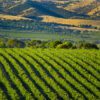
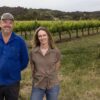


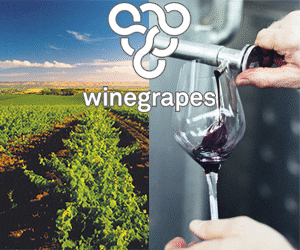
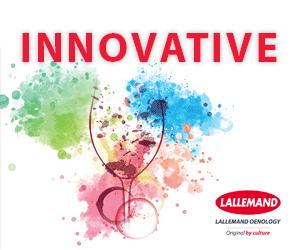
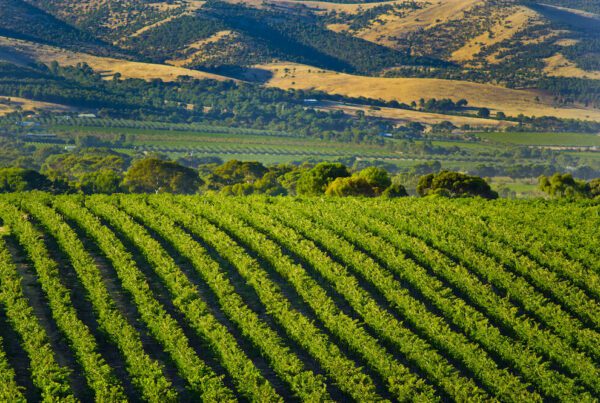
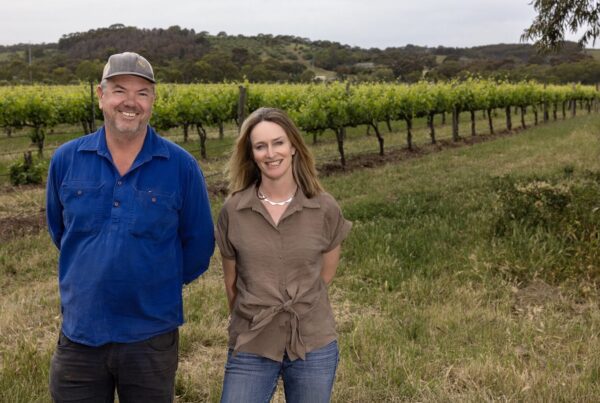

Recent Comments